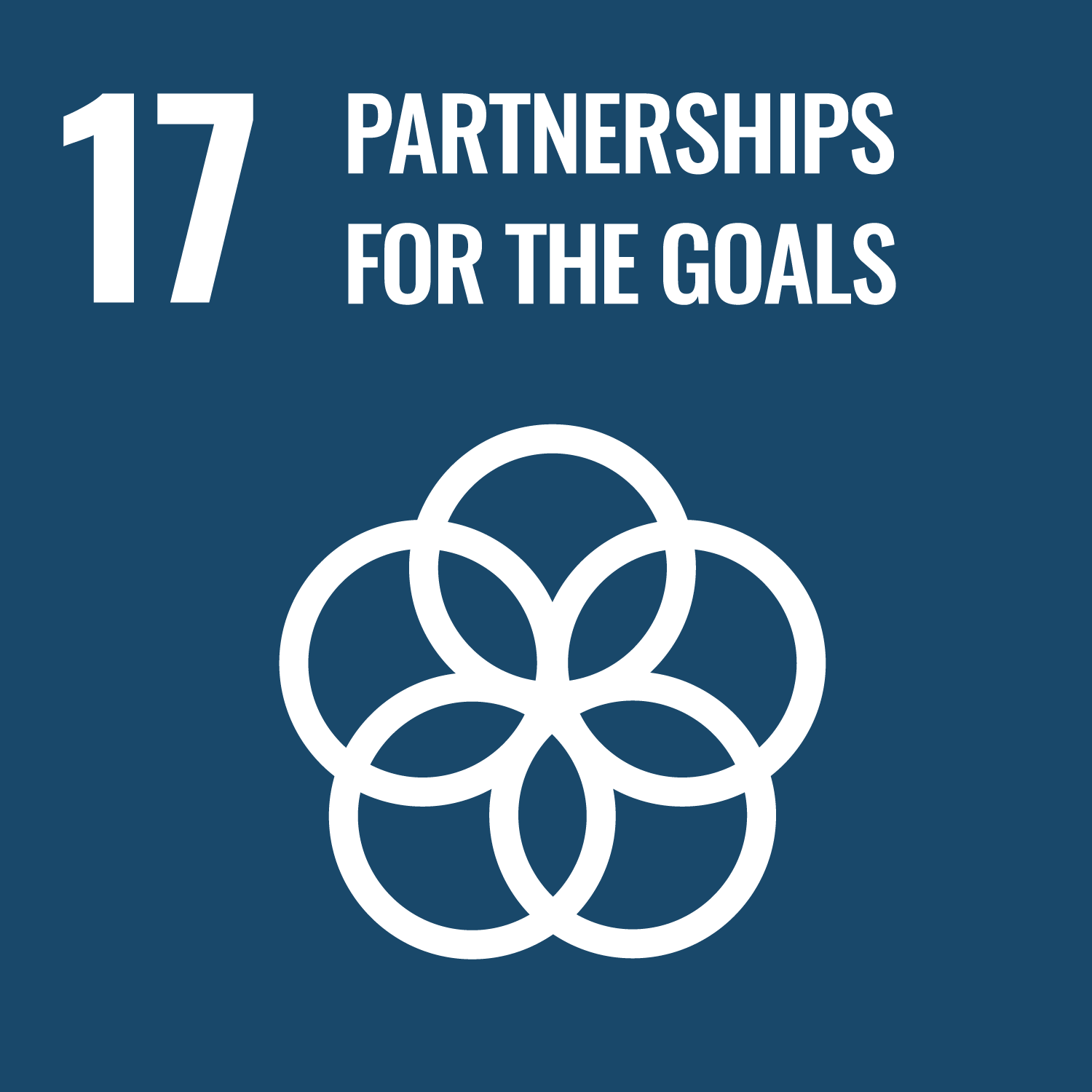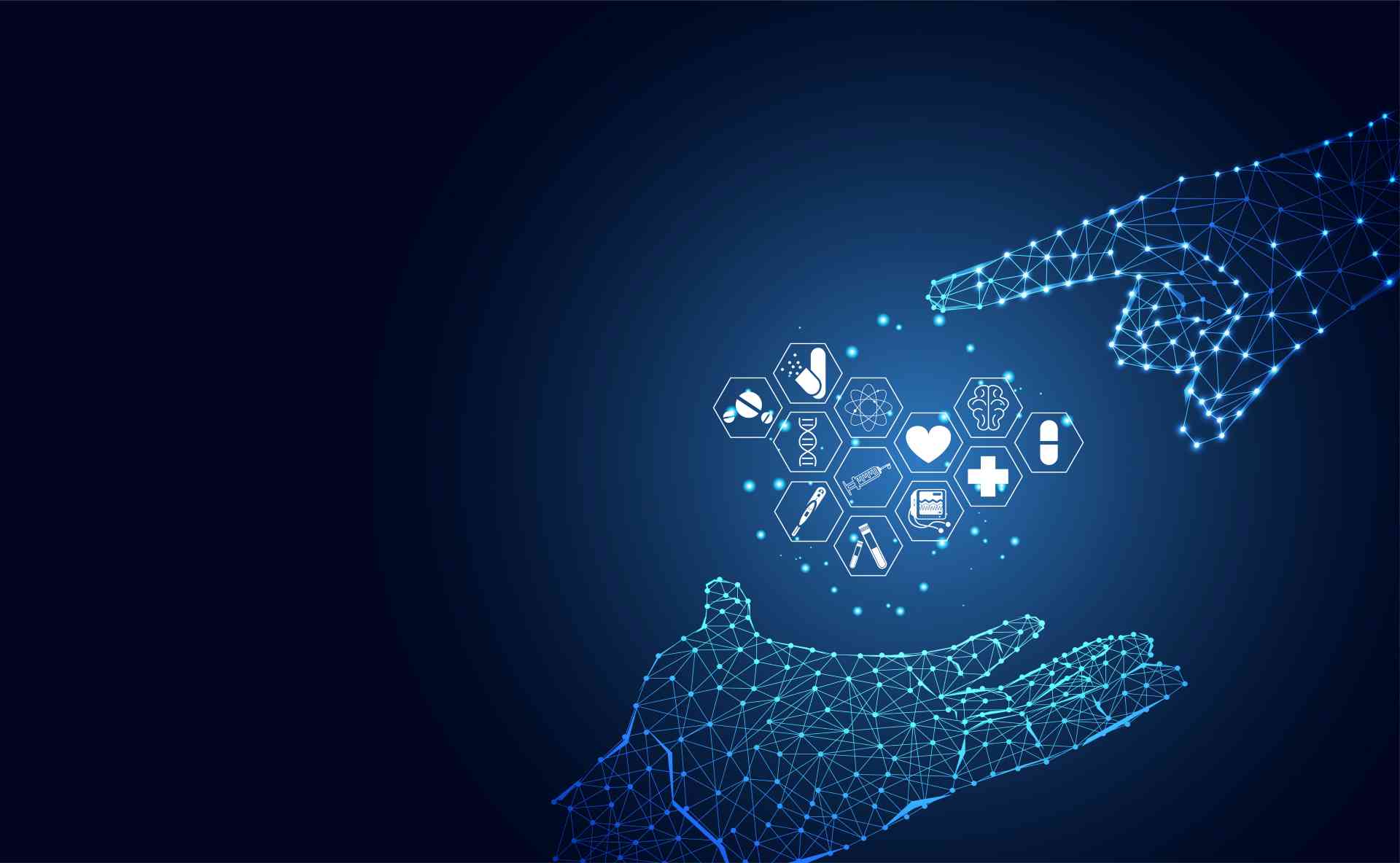An AI-powered app to diagnose skin-related neglected diseases has shown promising results
Tested in Kenya, the AI-based Skin NTDs application boosts healthcare workers' confidence and reduces stigma among patients affected by neglected tropical skin diseases.This global initiative, led by the WHO and with significant involvement from the UOC, represents a major step in the democratization of skin care in regions with limited medical resources

The World Health Organization (WHO), working together with local and international institutions, has presented the preliminary results of the first real-world study of the WHO Skin NTDs app, an innovative AI tool for the management of skin-related neglected tropical diseases. Carme Carrion, a member of the Faculty of Health Sciences at the UOC (Universitat Oberta de Catalunya) and principal investigator of the eHealth Lab research group, was involved in the study, as was the eHealth Center of the same university.
This groundbreaking research has been led by the WHO together with the Special Program for Research and Training in Tropical Diseases, the UOC, the Catalan Health Institute, the Kenya Medical Research Institute (KEMRI) and the University of Bristol. The initial findings are the result of fieldwork carried out in five counties in Kenya, where 40 frontline primary care workers from the Ministry of Health used the app to diagnose skin conditions based on 605 images obtained between June and October 2024.
“The app demonstrates transformative potential to improve healthcare in resource-limited”
The World Health Organization (WHO), working together with local and international institutions, has presented the preliminary results of the first real-world study of the WHO Skin NTDs app, an innovative AI tool for the management of skin-related neglected tropical diseases. Carme Carrion, a member of the Faculty of Health Sciences at the UOC (Universitat Oberta de Catalunya) and principal investigator of the eHealth Lab research group, was involved in the study, as was the eHealth Center of the same university.
This groundbreaking research has been led by the WHO together with the Special Program for Research and Training in Tropical Diseases, the UOC, the Catalan Health Institute, the Kenya Medical Research Institute (KEMRI) and the University of Bristol. The initial findings are the result of fieldwork carried out in five counties in Kenya, where 40 frontline primary care workers from the Ministry of Health used the app to diagnose skin conditions based on 605 images obtained between June and October 2024.
The researcher Carme Carrion said that "it has been particularly interesting to observe that healthcare professionals view the app as an ally in the diagnosis of skin conditions and how this has helped reduce the associated stigma among affected patients". She also noted that the tool has boosted healthcare workers' self-esteem and increased their colleagues' and patients' trust in their diagnostic abilities.
Skin diseases remain a major public health issue in Kenya, where they account for 10 to 30% of outpatient consultations. This challenge is further exacerbated by a shortage of dermatologists in the country.
AI algorithms
The app uses two artificial intelligence algorithms: one developed by Universal Doctor for the WHO that focuses on 12 neglected skin diseases, and one produced by Belle.ai that covers 24 common skin conditions. According to a preliminary analysis, the app has an average sensitivity of 80% compared to diagnoses made by certified dermatologists.
The study also included a user satisfaction survey conducted using the uMARS system, which yielded an average score of 3.82 out of 5. A number of focus groups were also held, leading to a rating of 8 out of 10. "In addition to proving its effectiveness, this type of data also highlights the app's potential to transform and improve healthcare in settings with limited resources," added Carrion.
The WHO is planning to extend this research to other countries such as Brazil, Cameroon, Côte d'Ivoire and India over the next few years to test the algorithms in different epidemiological contexts.
The tool, which is available for free for Android and iOS, is another step forward in ensuring that everyone has access to health, particularly in regions in which the management of skin diseases is hampered by a shortage of dermatologists.
This UOC study supports the following Sustainable Development Goals: SDG 3, Good Health and Well-being; SDG 10, Reduced Inequalities; and SDG 17, Partnerships for the Goals.
UOC R&I
The UOC's research and innovation (R&I) is helping overcome pressing challenges faced by global societies in the 21st century by studying interactions between technology and human & social sciences with a specific focus on the network society, e-learning and e-health.
Over 500 researchers and more than 50 research groups work in the UOC's seven faculties, its eLearning Research programme and its two research centres: the Internet Interdisciplinary Institute (IN3) and the eHealth Center (eHC).
The university also develops online learning innovations at its eLearning Innovation Center (eLinC), as well as UOC community entrepreneurship and knowledge transfer via the Hubbik platform.
Open knowledge and the goals of the United Nations 2030 Agenda for Sustainable Development serve as strategic pillars for the UOC's teaching, research and innovation. More information: research.uoc.edu.
Experts UOC
Press contact
-
Anna Sánchez-Juárez





